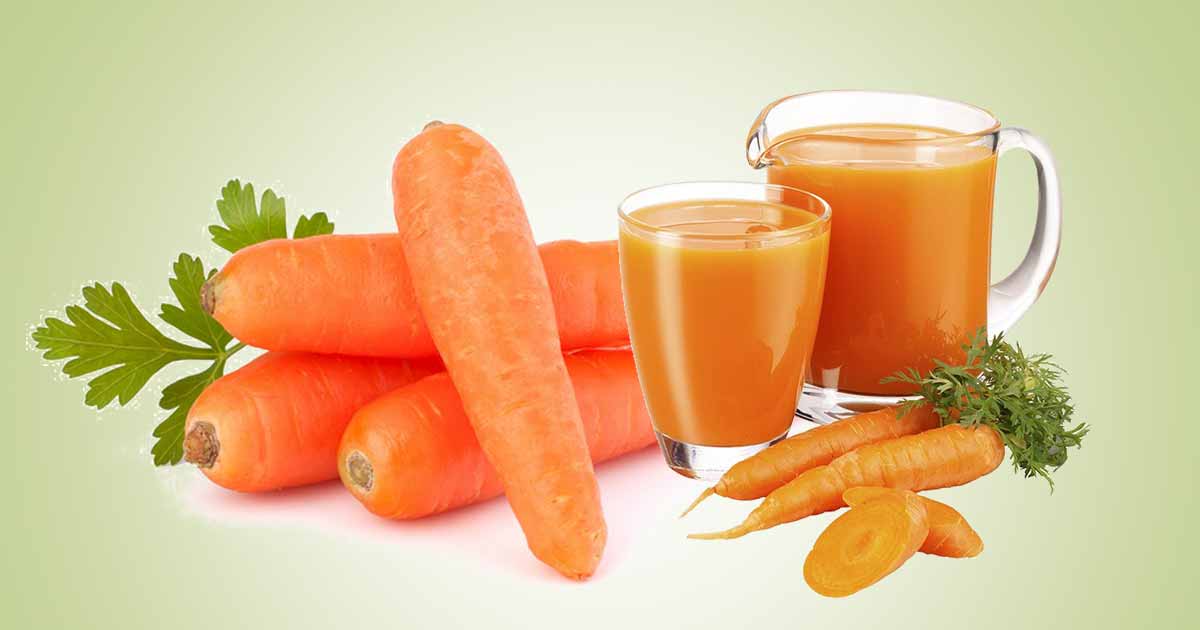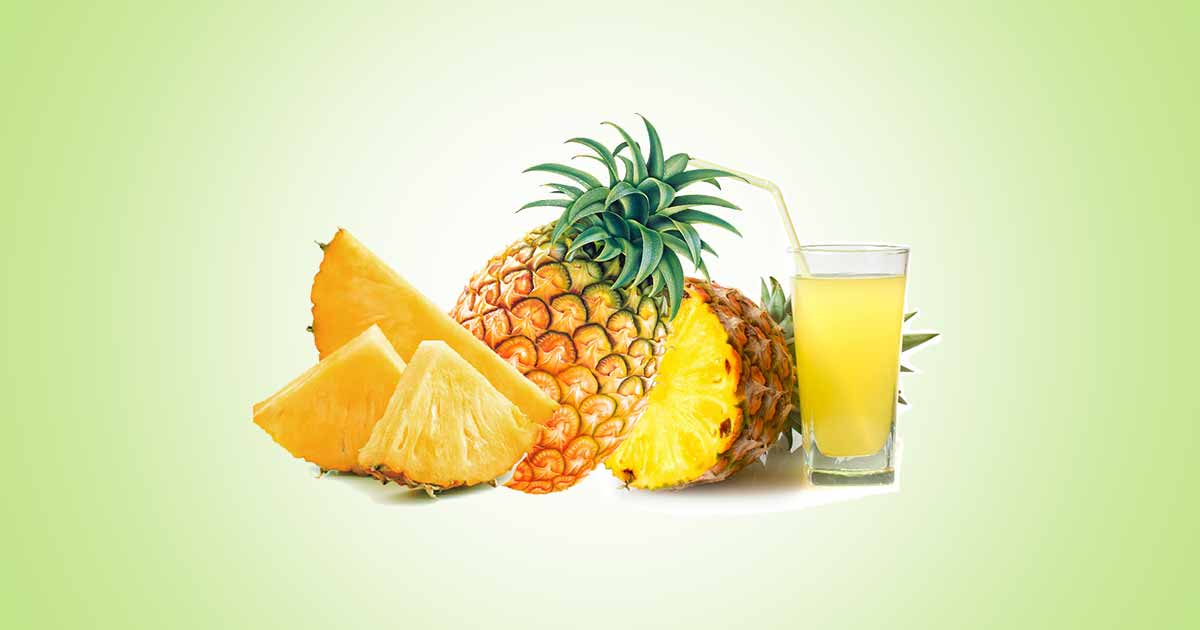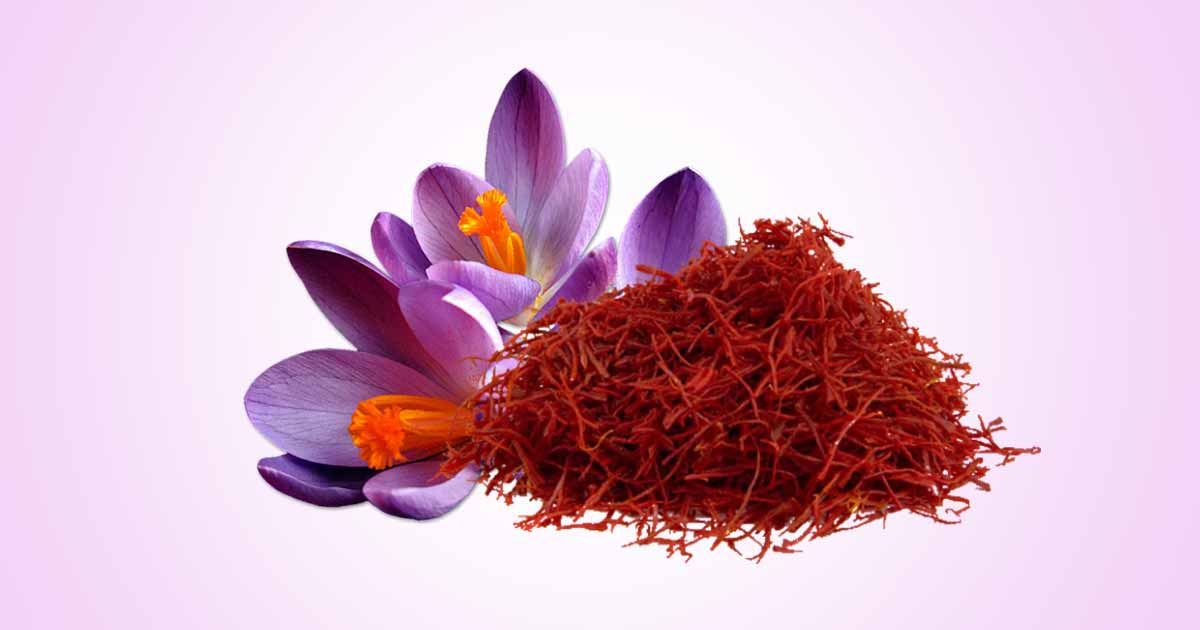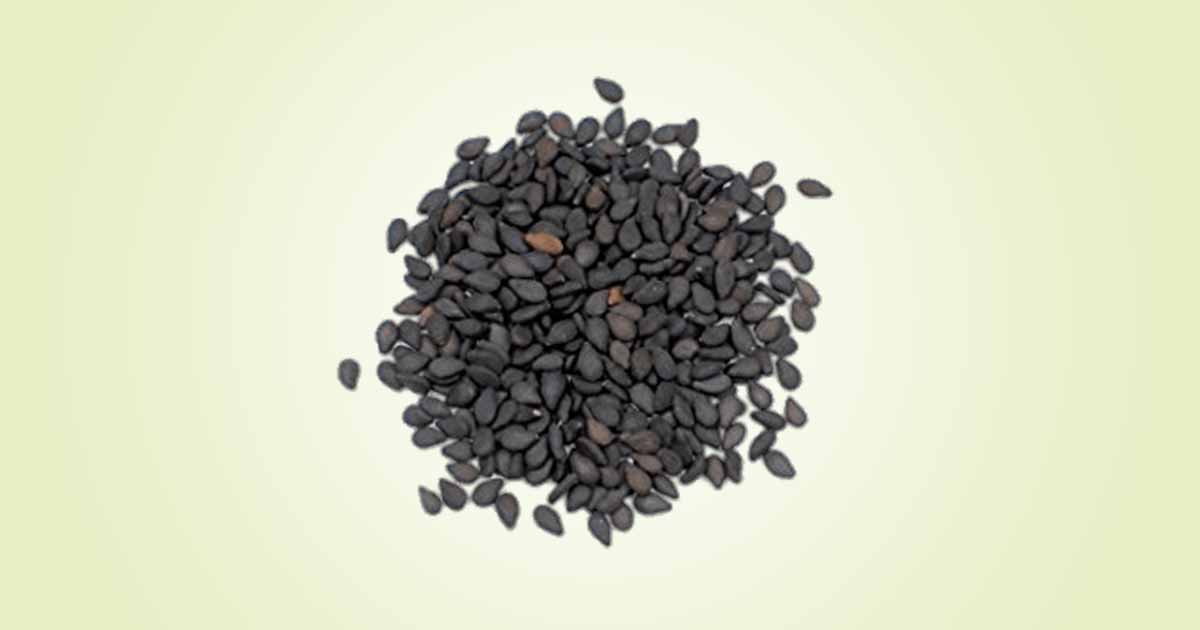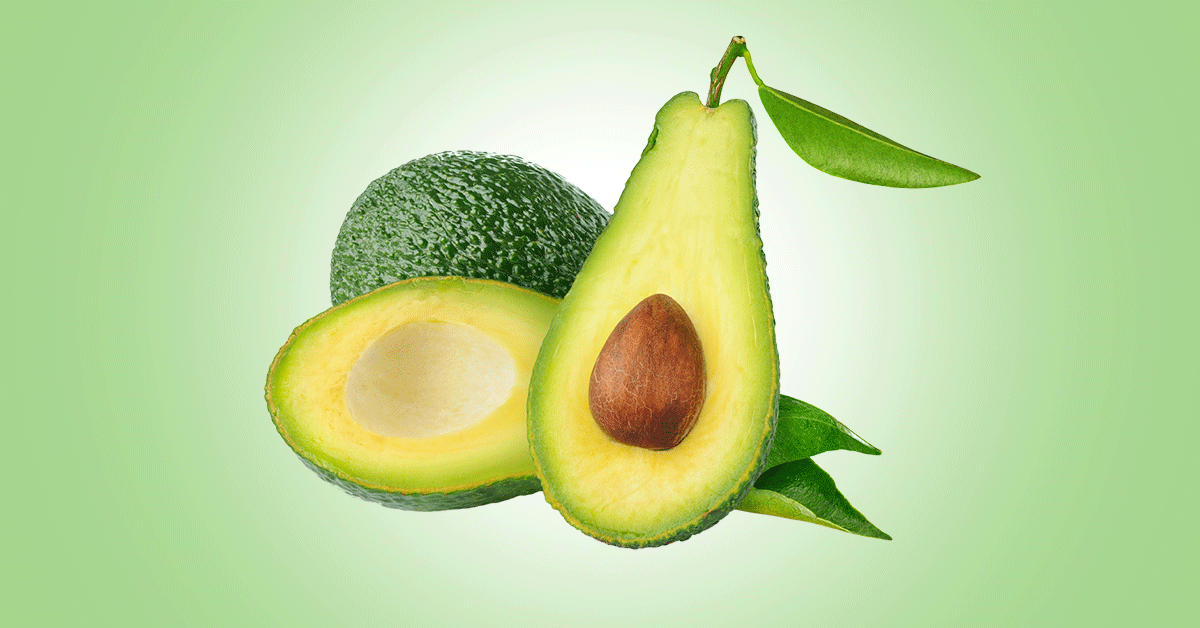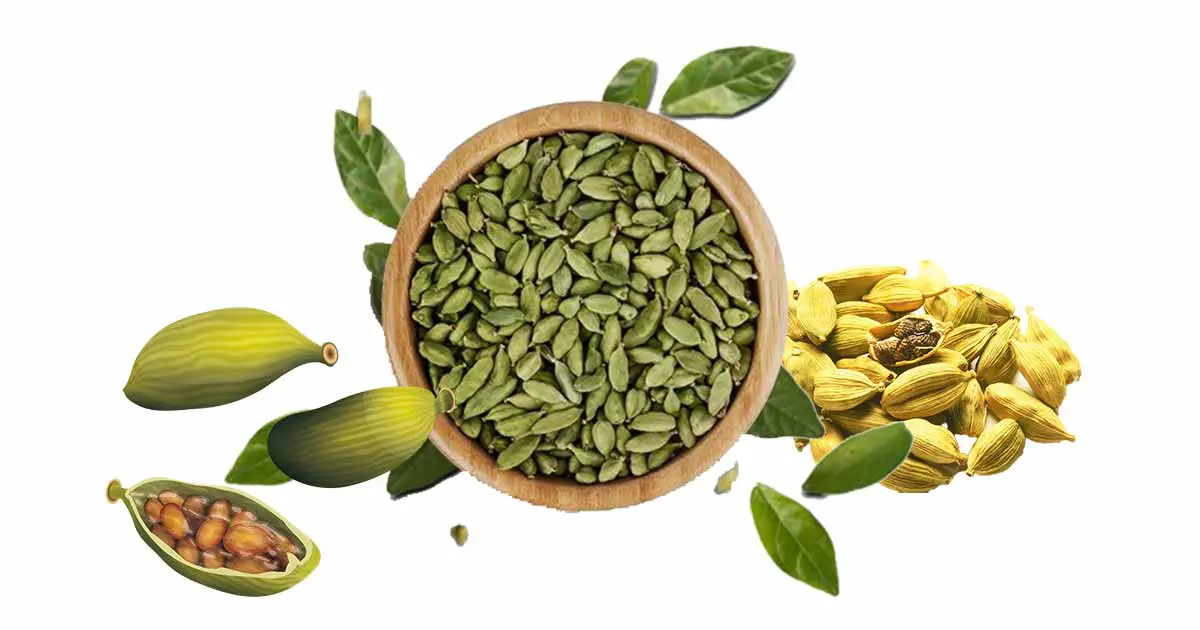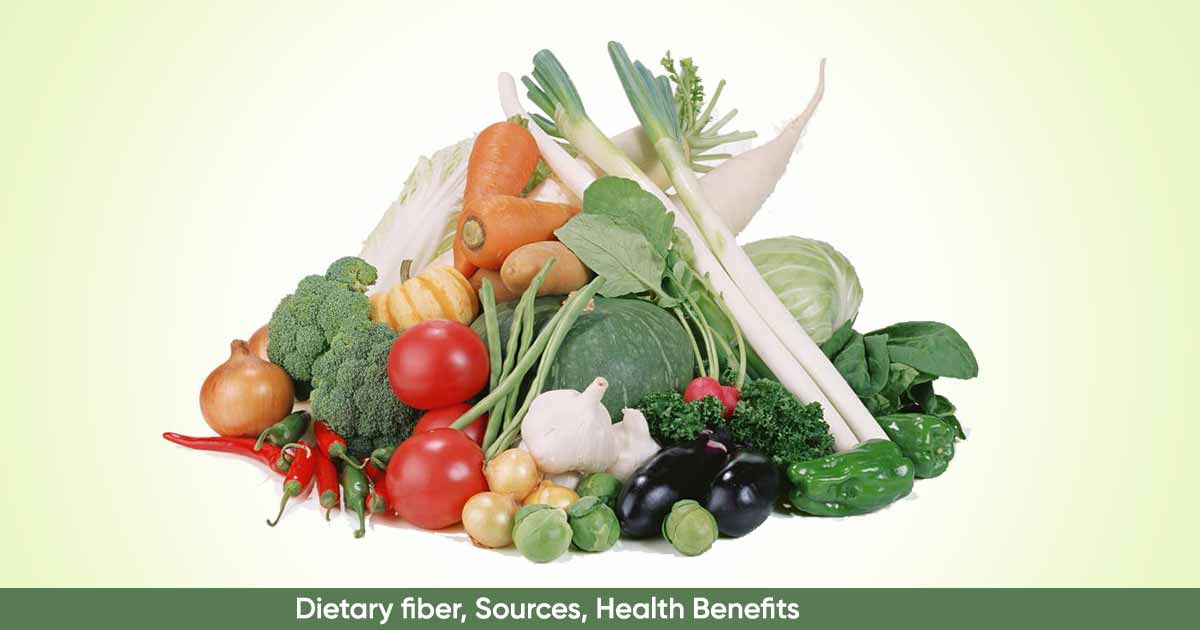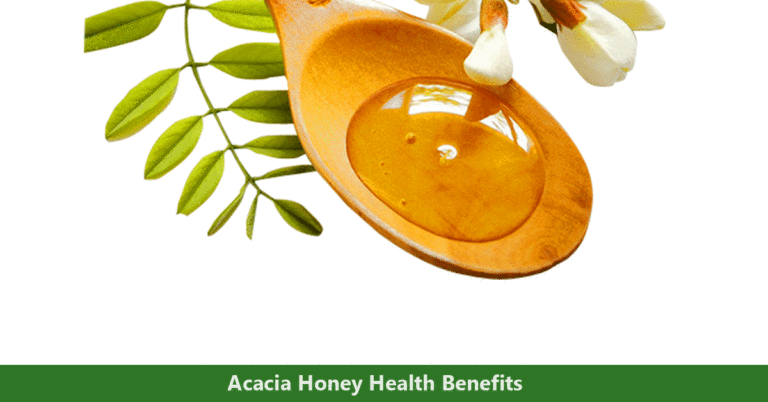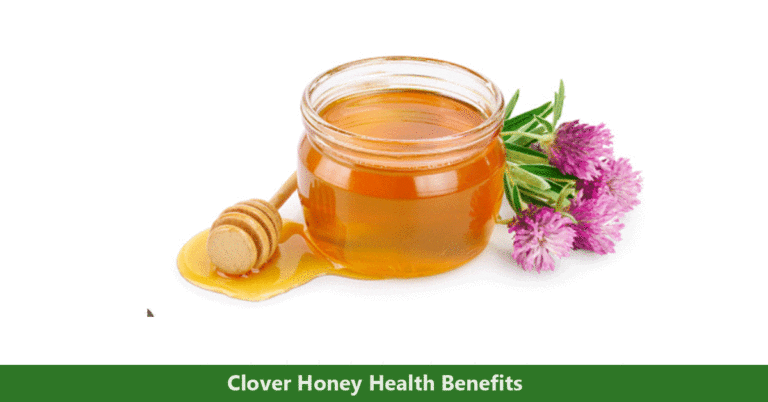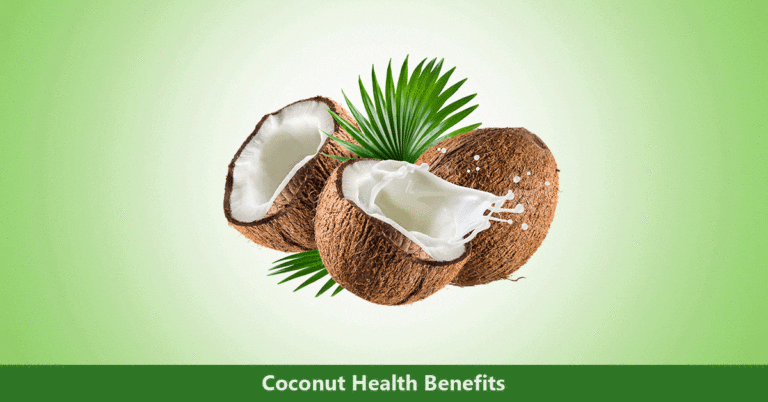Carrot (Daucus carota var. sativus) is a kind of underground anchored vegetable in the Umbelliferae or Apiaceae family. The Apiaceae family also contains celery, parsley, anise, caraway, fennel, coriander, dill, angelica, and hemlock. They all have compound umbel (umbrella-like) inflorescence.
The vegetable root plant can be colored orange, yellow, red, purple, or white. Carrot is an edible biennial herb grown for its edible root. The plant produces a rosette of 8–12 leaves above ground and a fleshy conical taproot below ground. Flowers could be white, red, or purple in color. It is believed to originate from Europe or the Western Mediterranean.
Other names of carrots are Queen Anne’s lace, bird’s nest, bishop’s lace, or wild carrot.
The vegetable root is known to be a healthy source of nutrients, and has been consumed for thousands of years. Daucus carota have been one of the most significant cultivated vegetable crops. In their numerous forms, have long been consumed in almost every culture. They can be eaten either raw, cooked, or juiced.
Carrots are grouped into two main groups:
- Eastern, asiatic, carrots: with yellowish, or eddish purple roots, pubescent leaves, and produces flowers early. Originates frm Inner Asiatic Centre, mainly Afghanistan.
- Western carrots: have green leaves, are less pubescent, and orange, yellow, red or white roots. It also has less tendency to bolt. The origin is Asia Minor Centre, mainly Turkey (Rubatzsky, V. E., Quiros, C. F. et al., 1999).
The antioxidants called carotenoids are responsible for their orange color.
Carrot can be used in the forms of juice, dried powder, concentrate, candy, canned, preserve, pickle, and gazrailla. It is also used in the formulation of functional food, and for food products like cake, bread, biscuit.
Carrot root oil is considered safe (GRAS) and are used as natural colorant. Organic carrot seed essential oil is used in facial serums and creams to treat dryness.
How to Grow Carrots
It’s better to cultivate them in the spring or fall and toward the end of the growing season, since these plants are long-lived.
For them to flourish, the soil should be loose, light, and airy, ideally with sand and peat moss mixed in. To assist in the growth of the seeds, till into the soil about a foot deep and remove any large clumps or rocks before planting them.
Ensure that the soil is moist by shallow watering regularly. Plant carrot seeds three to four inches apart in rows. Ensure that the Daucus carota receive lots of light and only partial shade.
How to Eat Carrots
You can eat carrots raw, cooked, juiced, atrophied, canned, conserved, or pickled. It’s recommended to keep fresh, whole carrots in the refrigerator for about four to five weeks, while baby carrots will last for about three to four weeks.
Raw
Because the fiber broken down through cooking, the fiber nutrient may be much more in raw types since there is no cooking. It has been shown in certain investigations that meals with the whole carrots and/or blended versions result in significantly higher levels of satiety and reduced hunger when compared with meals that do not include carrot nutrients.
Cooked
Besides eating raw form, eating cooked types is also recommended, as some studies have shown that cooked carrots have advanced antioxidant effect.
Carrot Juice
Carrot juice and blend is a popular beverage that can cleanse the body system; it is good to include them in your diet. However, do not overdo it, as juicing the vegetable removes the fiber and can raise the sugar content. The juice can be blended with other fruit juices, skim milk in carrot-yoghurt products.
Extracting carrot juice provides you with a concentrated cure of their healing power, as they contain a large amount of precious nutritional content. There are numerous benefits we can enjoy with drinking carrot juice, and it includes decreasing the cholesterol and triglycerides, ease of congestion and constipation, and the protection of the health of the eyes and skin.
Still, fresh juice of Daucus carota contains enough nutrients like vitamins A, C and K.
However, it is important to note that whether diabetic or not, anyone who has a problem balancing their blood sugar should restrict their consumption of carrot juice. This is because it can thicken the sugar in the vegetable because the juice removes the fiber content.
Composition of Carrot
Bioactive Compounds
Carrot is a major source of provitamin A, as α- and β-carotene, and cater for higher percentage of vitamin A needs. Beta-carotene content is highest when the plant is consumed raw, as heat can reduce the potency. The carotenoids could be:
- Carotenes or hydrocarotenoids: α- and β-carotene (orange and yellow carrots), lycopene (red carrots), γ- and ξ-carotenes, and β-zeacarotene
- Xanthophylls or oxycarotenoids: lutein (yellow carrots)
Flavonoids such as anthocyanins are found in purple types. Other flavonoids include kaempferol, quercetin and luteolin.
Phenolic compounds include hydroxicinnamic acid derivates, caffeic acid, isochlorogenic acid and chlorogenic acid. Phenolic compounds that are bitter-tasting in carrots include 6-methoxymellein, eugenin, and gazarin.
Essential oils in Daucus carota add flavor and taste. They include α-thujene, camphor, camphene, sabinene, γ-elemene, α-zingiberene, α-pinene, β-pinene, camphene, myrcene, α-phellandrene, α-terpinene, ρ-cymene, limonene, borneol, terpinen-4-ol, β-caryophyllene, α-santalene, longifolene, valencene, cis-β-farnesene, α-selinene, cis-ocimene, trans-ocimene, linalyl acetate, β-citronellol, trans-α-bergamotene, among others.
Nutritional Composition
Different cultivars of carrots contain varying nutritional composition, but the root contains mostly 85 to 90% of water, and the rest is dry matter. Carrot contains a high quantity of provitamin A such as beta-carotene, alpha carotene, lutein, and zeaxanthin. There is high amount of potassium, dietary fiber and sugars (sucrose, fructose, and glucose). It has low starch. According to the USDA, a 100g of carrot contains:
- 41 kcal of energy
- 88.3 g of water
- 0.93 g of protein
- 0.24 g of fat.
- 9.58 g of carbohydrates
- 2.8 g fiber
- 4.74 g of total sugar (sucrose, fructose, and glucose). Small quantities of maltose, galactose, lactose, and arabinose.
- 1.43 g of starch
- Fatty acids, total saturated 0.032 g
- Fatty acids, total monounsaturated 0.012 g
- Fatty acids, total polyunsaturated 0.102 g
- Organic acids such as pyrovatic, oxalic acetic, isocitric and malic acid
- Amino acids: aspartic acid, α-alanine, serine, glutamic acid, arginine, valine, and threonine.
Mineral content include:
- 320 mg of potassium
- 69 mg of sodium
- 35 mg of phosphorus
- 33 mg of calcium
- 12 mg of magnesium
- 0.24 mg of zinc
- 0.3 mg of iron
- 0.143 mg of manganese
- 0.045 mg of copper
- 0.1 mcg of selenium
- 3.2 mcg of fluoride
Vitamin content includes:
- 835 mcg of vitamin A
- 5.9 mg of vitamin C
- 0.66 mg of vitamin E
- 13.2 mcg vitamin K
- 19 mcg of folates
- 0.058 mg of riboflavin
- Carotene, beta 8280 mcg
- Carotene, alpha 3480 mcg
- Lutein + zeaxanthin 256 mcg
- Pantothenic acid 0.273 mg
- Choline 8.8 mg
- 0.1 mg thiamine
- 0.983 mg niacin
- Betaine 0.4 mg
- 0.2 mg vitamin B6
What are the Health Benefits of Eating Carrots, and Carrot Juice?
Beta-carotene has been revealed to play a significant part in enhancing immunity in the body. It helps in the prevention of skin and damage to eyesight, and resisting free radical damage associated with risks of cancer and heart diseases.
Vitamin A is an essential element of our bodies, and carrots are the most significant source of this vitamin. As well as furnishing immense portions of vitamins C, D, E, and K, they also comprise magnesium, potassium, calcium, and other minerals.
Vitamin C promotes the absorption of non-heme iron, while vitamin K helps to prevent bleeding.
Their increased fiber content makes them beneficial. Analyses reveal that eating carrots can enhance the vulnerable system, and defend against stroke, high blood pressure, cataracts, arthritis, heart conditions, bronchial asthma, and urinary tract diseases.
A mug filled with raw carrots comprises only about 10g of carbohydrates and practically 4g of fiber. The fiber in the carrot aids decelerates the discharge of sugars, in the form of glucose, into the bloodstream.
Diabetic patients can incorporate them into a healthy diet because they discourage any severe increases in blood sugar situations.
Protects Eye Health
Carrots contain three important nutrients that can help maintain good sight and night vision: beta-carotene, lutein, and zeaxanthin. It’s possible to suffer from macular degeneration and can become blind due to lack of vitamin A in the diet. Carrots can also drop your risk of cataracts. Macular degeneration and senile cataract are leading causes of blindness in the aged people.
In addition to maintaining healthy eyes and vision throughout your life, eating it regularly can help heal these conditions. You may drink carrot juice if consuming carrots raw doesn’t appeal to you. This also provides benefits for your eye health.
Source of Antioxidants:
Known as antioxidants, carrots, and other orange vegetables contain carotenoids, polyphenols and vitamins, which can help fight off ailments and chronic conditions. Daucus carota help the vulnerable system to cover the body from free radical detriment, poisonous bacteria, contagions, and inflammation. It may fight cancer by precluding DNA impairment and cell mutation.
Antidiabetic effect:
Though most nutritionists advise against consuming carrots in high quantity due to the sugar content, recent studies has suggested that carotenoids may have antidiabetic effect.
People who have lower carotenoids have higher blood glucose levels, and higher fasting levels of insulin.
Dietary fiber enhance glucose adsorbance, and reduce amylase activity. This could help to control post-prandial serum glucose.
Vitamin A activity carotenoids, lycopene, lutein and zeaxanthin, could reduce the risk of developing diabetic retinopathy.
Reduces the threat of Heart Disease and Stroke
Eating more multicolored orange vegetables and fruits like carrots can drop the threat of cardiovascular conditions like coronary heart disease (CHD). Recent analysis suggests that drinking the juice benefits heart fitness by reducing oxidative pressure and enhancing the body’s protection against different forms of cardiovascular complaints.
Two cumarin glycosides, from Daucus carota extract, may have antihypertensive activity by decreasing arterial blood pressure. Cumarin glycosides act by blocking the calcium channels.
Essential for Maintaining Oral Health
Daucus carota contain nutrients that help fight bacteria and poisons that enter the mouth and live in the gums and teeth. Specific minerals in the vegetable can be antibacterial and aid cavities and tooth decay. They can help remove tints from teeth if eaten after a meal.
Boosts Skin Health and Wound Healing:
One of the benefits of carrots is that they help skin health. It promotes wound healing by reducing wound area, epithelization period and scar. It also increased wound contraction, wound tensile strength, hydroxyproline content and protein content.
Beta-carotene is critical for healing injuries, it has been used as a cure to treat injuries, repel infections, and also lessen signs of skin inflammation.
Lipid Lowering: Intake of Daucus carota could lower the liver total cholesterol and triglyceride levels. It also improves the level of vitamin E and myocardial cells. Together with the antioxidant effect, it can decrease the risk of cardiovascular diseases linked with atherosclerosis.
Protects the Liver Cells:
In animal studies, the extract lowered the levels of liver damage markers – serum aspartame transaminase, alanine transaminase and lactate dehydrogenase. This is likely due to the antioxidant activity.
Defends Brain Health and Cognitive Function
Daucus carota may also boost brain health by preventing Alzheimer’s disease, dementia, improve memory, retention, and defend against other types of cognitive decline. Cognitive decline occurs as a result of stress in the brain, and carrots can lessen stress in the brain by preventing oxidative brain damage.
The extract reduced brain acetylcholinesterase activity (procholinergic activity).
Antimicrobial activity:
The phytoalexin, 6-methoxymellein, inhibits the growth of many microorganisms. Carrot extract inhibits enteropathogen Campylobacter jejuni. Phenylpropanoids, like methylisoeugenol and the essential oil, elemicin, inhibits Campylobacter coli and C. lari.
Carotol and daucol have antifungal activity, while flavonoids such as luteolin, luteolin 3′-O-β-D-glucopyranoside, and luteolin 4′-O-β-glucopyranoside inhibits Bacillus cereus, Lactobacillus plantarum, Staphylococcus aureus, and Escherichia coli.
Anti-Inflammatory activity:
According to Mornin et al. carrot seed extract contains compounds such as 2,4,5 trimethoxybenzaldehyde, oleic acid, trans-asarone and geraniol. These compounds have anti-inflammatory activity, and inhibit cyclooxygenase enzymes. Their activity is significant when compared to the standard analgesic drugs like ibuprofen, naproxen.
Nephroprotective effect:
D. carota showed a dose-dependent decrease in serum urea, blood urea nitrogen, uric acid, and creatinine.
Anticancer activity:
A compound called falcarindiol, FaOH, falcarindiol, and falcarindiol 3-acetate in the bitter-tasting portion of Daucus carota, has exhibited cytotoxic activity against human tumour cells. It also has anti-inflammatory, anti-tuberculosis effect, and helps to stimulate differentiation of mammalian cells.
Daucuside and daucuso, two sesquiterpenoids isolated from carrot seeds, have cytotoxic effect against human gastric cell lines.
Zaini et al. reported that β-carotene and falcarinol in Daucus carota juice extract inhibits myeloid and lymphoid leukemia cell lines.
Carotenoids also decrease post-menopausal breast cancer. Daucus carota extract also lowers the risk of lung cancer, prostate cancer, bladder cancer, ovarian cancer, gastric cancer, colon tumors, and other carcinoma.
Fertility effect:
Studies suggest the Daucus carota extract may induce increased spermatogenesis, and cauda epididymal sperm reserves in male rats. This may be due to antioxidant properties.
Drug Interactions
Orange, bananas, plantains, and vegetable juices such as carrot juice and tomato juice have high potassium levels. It interacts with potassium-sparing drugs, such as angiotensin-converting enzyme inhibitors (ramipril), diuretics (spironolactone, triamterene), especially in patients with kidney disease (hemodialysis patients) and with hypoaldosteronism.
This may lead to life-threatening hyperkalemia.
Side Effects
Falcarinol, FaOH in carrots, can cause allergic dermatitis on exposure to the skin. Excessive consumption may cause carotenemia, methemoglobinemia. Phytophotodermatitis can occur in those using the sunscreen.
Daucus carota also contains myristicin, a psychoactive substance that cause neurological disorder when taken in large quantities.
Pregnancy and Lactation
Excessive consumption of carrot roots or juice should be avoided as it is reported to have emmenagogue and abortifacient effects. Beta-carotene is transmitted in breastmilk, and excessive intake could cause carotenemia in a breastfeeding infant.
References:
- https://core.ac.uk/download/pdf/11695634.pdf
- https://plantvillage.psu.edu/topics/carrot/infos
- https://www.scirp.org/pdf/fns_2014120411490798.pdf
- https://www.ncbi.nlm.nih.gov/pmc/articles/PMC3550877/#CR21
- https://www.drugs.com/npp/carrot-oil.html

